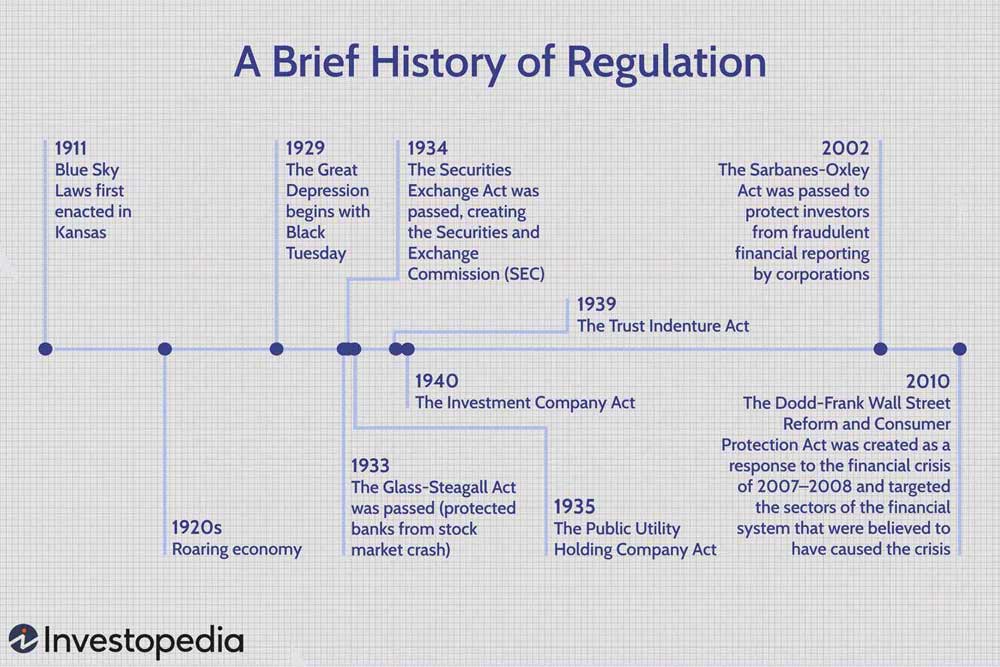The securities laws and regulations are highly relevant to an IPO. The primary law that governs IPOs in the United States is the Securities Act of 1933, which requires companies that issue securities to register with the Securities and Exchange Commission (SEC) and provide detailed disclosures about their financial condition, business operations, and risk factors. The purpose of these regulations is to protect investors and ensure that they have access to accurate and complete information when making investment decisions.
To obtain regulatory approvals for an IPO, a company must work closely with its legal and financial advisors to prepare a detailed registration statement, known as a Form S-1, which is filed with the SEC. The Form S-1 contains a wealth of information about the company, including its business operations, financial condition, management team, and risk factors. The SEC reviews the Form S-1 to ensure that it complies with all applicable securities laws and regulations.
The SEC’s review process typically takes several months, during which time the company may receive comments from the SEC and may need to make changes to its registration statement. Once the registration statement is deemed effective by the SEC, the company can proceed with its IPO.
In addition to the SEC, a company may also need to obtain approvals from other regulatory bodies, such as state securities regulators or industry-specific regulators. These approvals can add additional time and complexity to the IPO process.
Overall, the regulatory process for an IPO is complex and time-consuming, and it’s important for companies to work closely with experienced legal and financial advisors to navigate the process successfully.







